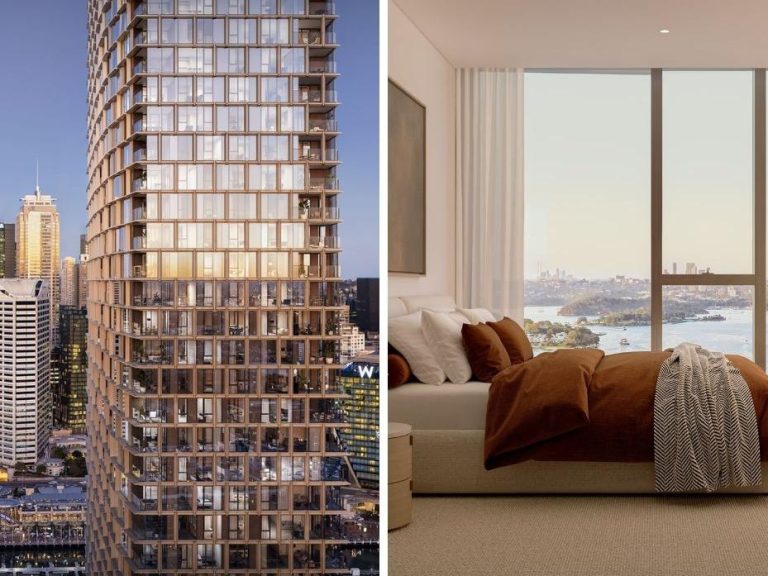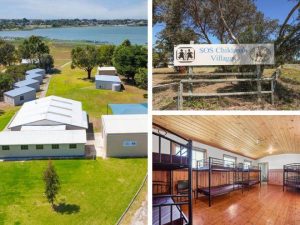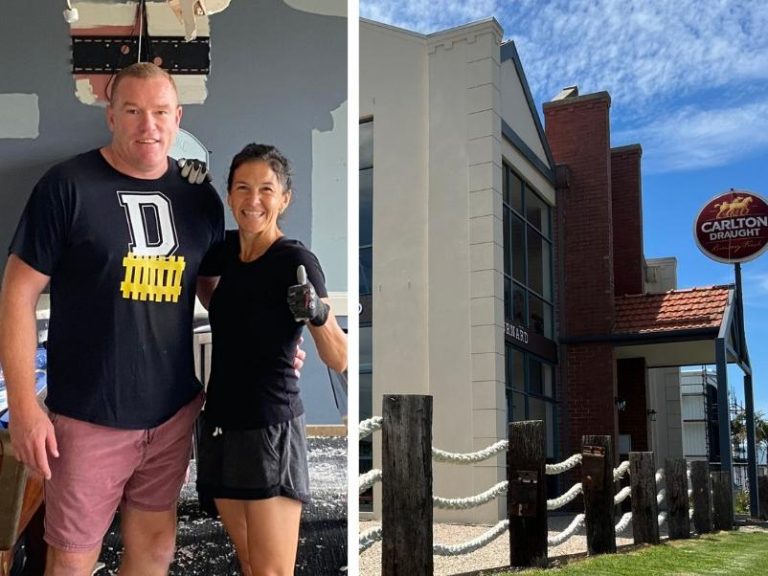Brazil’s World Cup: a goal for commercial property?

The host of this year’s World Cup has one of the planet’s best soccer teams – and some of its priciest commercial real estate. But the southern hemisphere’s largest economy has proven an enigma to property investors.
Ordem e Progresso is Brazil’s national motto; and while there has been plenty of progress over the past 15 years, order has been a bit patchy – as recent demonstrations prove.
In the late 19th century, Brazil was one of the richest countries in the world, but a history of poor leadership, corruption and inflation transformed it into one of the poorest.
Then GDP growth accelerated a decade ago, thanks to a surging population, long overdue reforms in agriculture and finance followed a low US dollar courtesy of the GFC.
Read more: Socceroo stars & their World Cup property dreams
World Cup seen as sign of potential
With Brazil’s re-emergence, hosting the World Cup and the Olympics was supposed to herald a coming of age.
President Dilma Rousseff is probably now regretting the $14 billion spend, which has served to highlight not only Brazil’s potential but its ongoing challenges.
In 2011, inflation turned the economy anaemic, but property has been a bright spot.
In the sprawling commercial capital, São Paulo, house prices rose an impressive 7.6% inflation-adjusted last year, according to the country’s leading housing index Fipe-Zap, while in Rio, a 34.9% jump in 2011 has settled back to a more manageable 8.8% inflation-adjusted growth last year.
It’s expensive for commercial property
Both cities feature in the world’s 20 most expensive cities for commercial property.
Prime office space will set you back US$89 per sqm per month in São Paulo or more than US$130 per sqm in exclusive districts like Avenida Paulista. In Rio de Janeiro, expect to pay US$85 per sqm, according to CBRE.
That’s expensive, but the real measure for employers – total occupancy costs – put these two cities as the most expensive in the Americas, at US$130 and US$121 sqm respectively.
Surprisingly, the slowing economy hasn’t affected tenant demand for well-located offices – yet.
The slowing economy hasn’t affected tenant demand for well-located offices.
According to JLL, more than half a million square metres of new office space came onto the São Paulo market in 2013 and 166,000 sqm of offices in Rio, with pre-commitments by tenants accounting for around 70% of the new space.
That’s mainly because much of the existing office stock is 20 years old or more, but the rapid expansion of supply may be catching up with demand. Office rental prices were near stagnant in 2013, according to Fipe.
Luxury brand retailing is also booming, thanks to the rising middle class incomes which have prompted a surge in new shopping malls, attracting overseas investors, including Westfield.
A similar picture is building in the industrial sector, with 15.3 million sqm of new stock forecast to be delivered over the next three years, an annual growth of 16.5%, with the south east accounting for three quarters of the expansion.
Tourism is helping the economy
In the country’s north east, Salvador and Recife have strong growing economies thanks to a growing natural resources export trade and increasing tourist numbers arriving from the Asia, Europe and the US to explore the Amazon.
Smaller centres in the country’s prosperous south, like university city Porto Alegre and Joinville, also have been attracting investor interest.
For investors, the real question is whether Brazil will this time defy the pessimists and its history. The answer seems to be probably, but only just.
Will Brazil defy the pessimists? The answer seems to be probably, but only just.
With the Olympics still two years away, there’s plenty of construction and new infrastructure to come. And while at first glance the recent unrest appears troubling, there is a bright side.
As one local entrepreneur explained to the BBC this week, the demonstrations represented a maturing of the country – because the people can no longer be so easily distracted by a football game.







